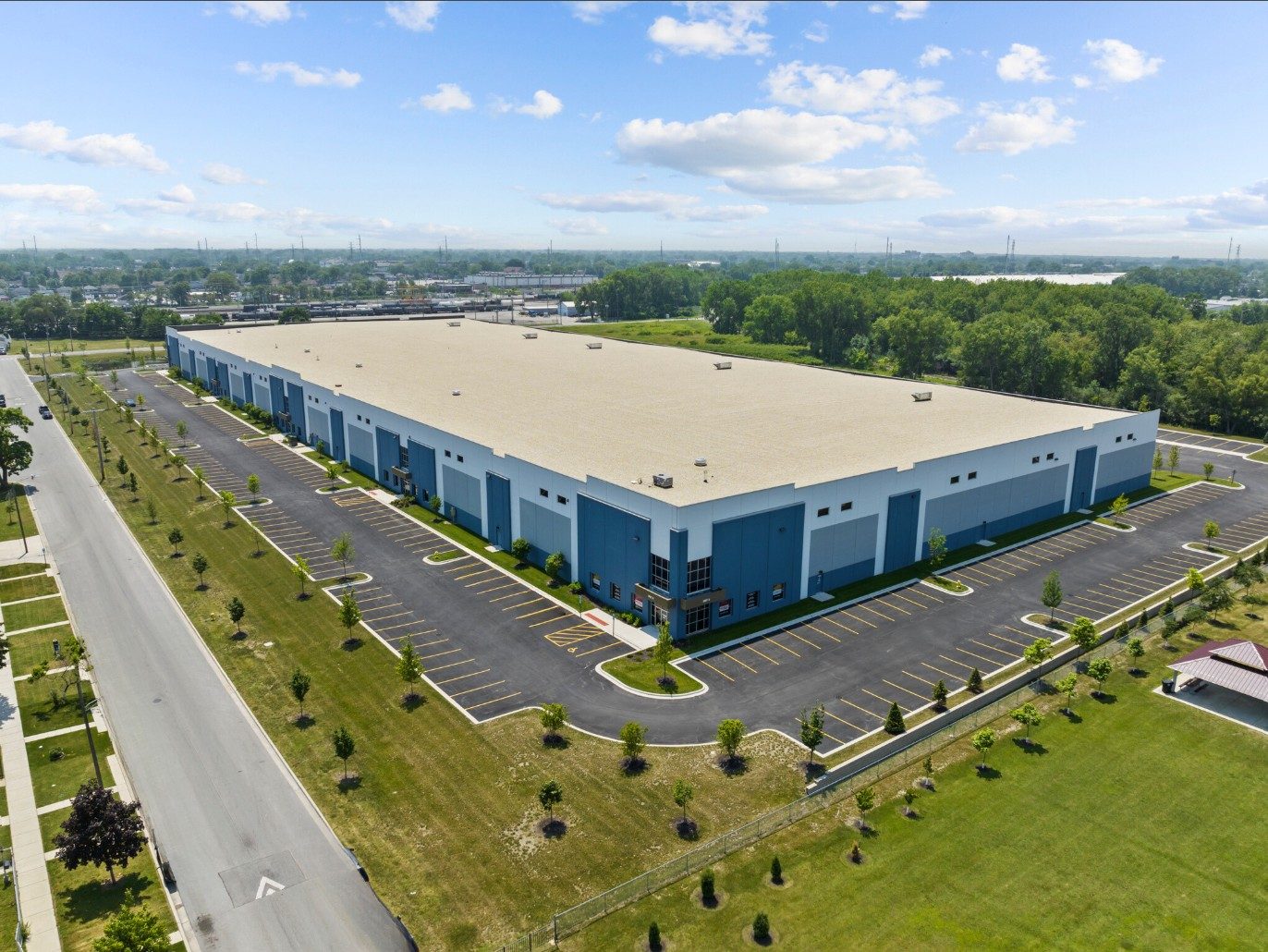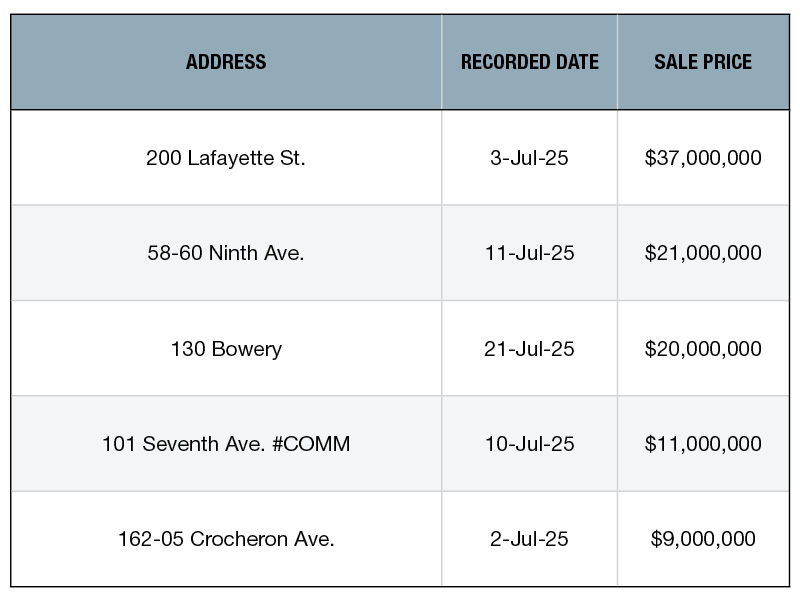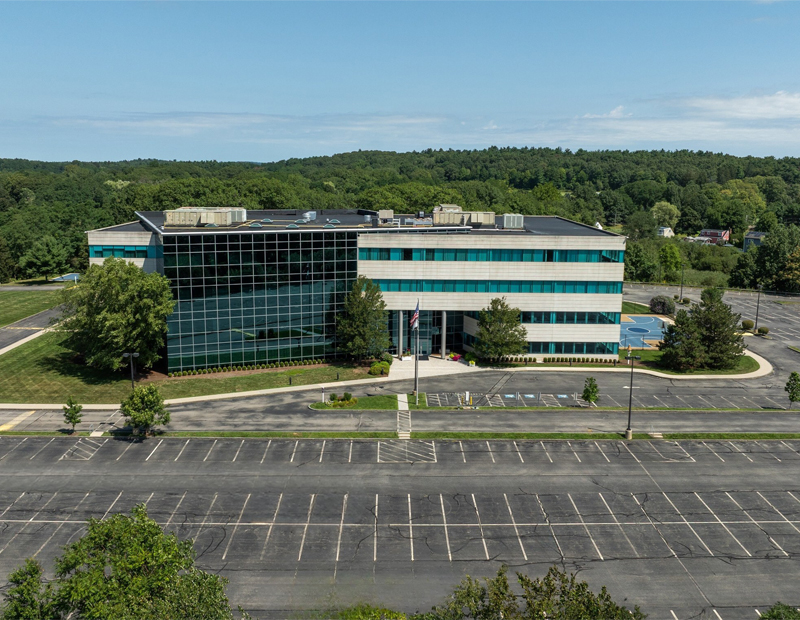Fast-Track Construction: Is It Right for Your Project Financially?
By Steve Elias, Managing Partner, redM Group & Chair, RICS-Canada: What does fast-tracking mean for the development industry and can this method make developments more financially successful?
By Steve Elias, Managing Partner, redM Group & Chair, RICS-Canada 
The term “fast-track” seems to be used more frequently in the development industry as well as in life these days. So, what does fast-tracking mean for the development industry and can this method make developments more financially successful?
Fast-tracking does not mean that everyone on the project labors at double speed or you simply pay extra to accelerate the process. Some would say it seems that you can pay more and speed up the process, but like many things in life, it can be a bit more complicated than that.
In simple terms, a fast-track project is one in which actual construction starts before the design of the project is fully complete. This provides the advantage of reducing the total time needed, as work on-site is already under way when normally the project would still be in the late design stages. It can also encompass looking in detail at, and adjusting, the logical sequence of activities being undertaken on the site and reviewing where adding manpower will increase productivity and reduce the completion date. With such a compressed schedule, fast-tracking allows projects to be completed more quickly, thus reducing interest carrying charges.
While it may seem perfectly logical that fast-tracking, at least in theory, could be undertaken on most projects, this increasingly popular approach can also have drawbacks financially and overall.
First, since the design is not complete when construction starts, this can lead to coordination issues and extra remedial work (a.k.a. change orders), as tasks that are complete may not meet the full requirements of the later design. Generally, this can be problematic on mixed-use buildings, as the cost and allocation of various spaces, uses and utilities must be thought-out thoroughly before construction begins.
In general, fast-tracking works well and provides the greatest financial benefit with simpler projects or projects in which finishing early makes a huge difference to the financial outcome. Examples include retail stores that need to open by a certain date and high-income producing operations such as casinos and bank trading floors. With such projects, the premium paid in cost is offset by the increased revenue gained by opening earlier. For example, if a casino costs $350 million to build, but once it is open produces $1 million in daily revenue, then every day of delay to the schedule means $1 million in lost revenue. In this scenario, the cost is secondary to schedule.
Fast-tracking can contribute to a project’s financial and overall success, but the benefits need to outweigh the risks. These risks must be documented and analyzed carefully before a decision is made to employ this process.







You must be logged in to post a comment.